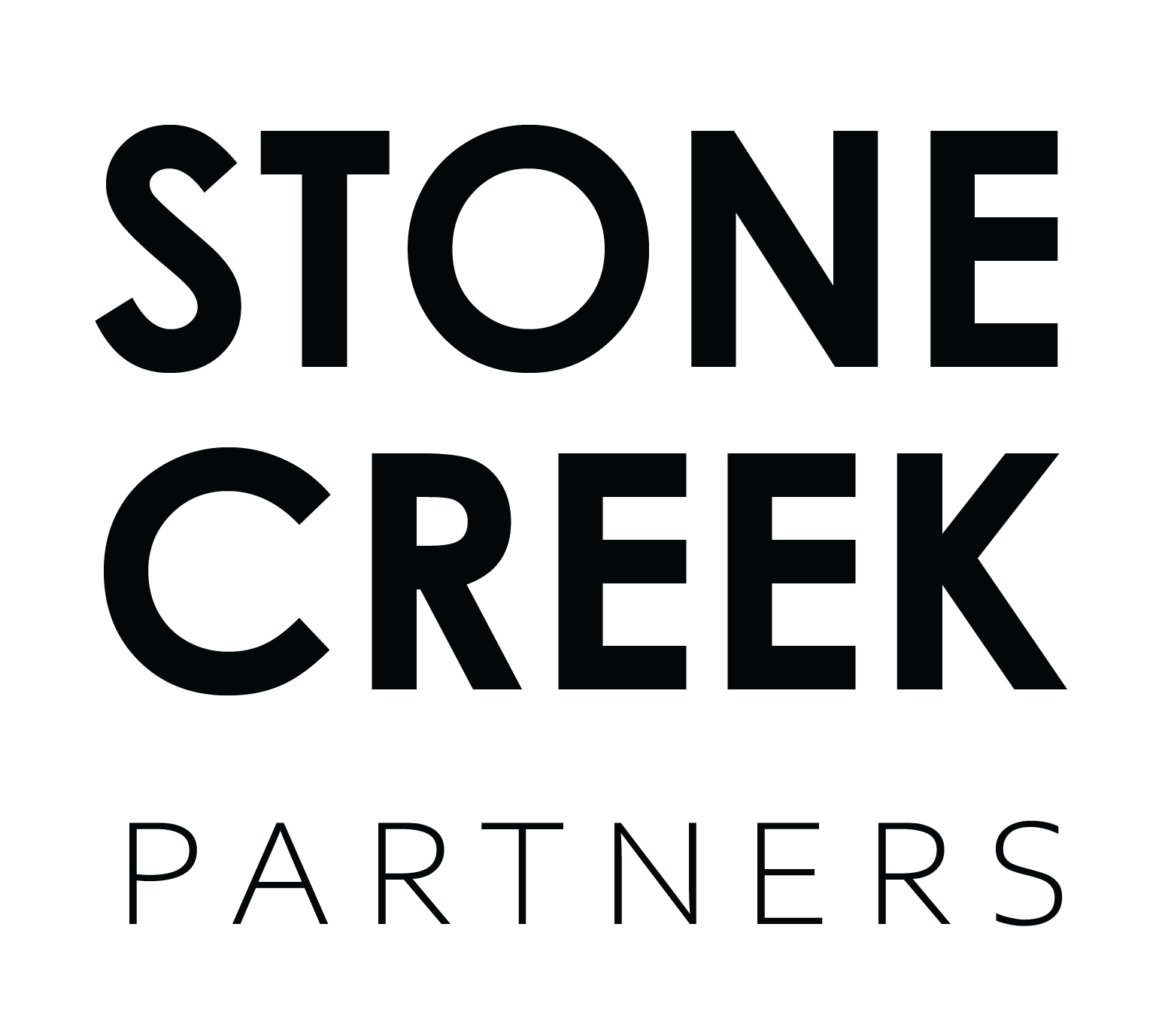Ocean View Beach Resort – Norfolk
aec Providence Partnership LLC | Initial due diligence and rapid-prototyping for a mixed-use beach destination, for a project site in Richmond, Virginia.

aec Providence Partnership LLC | Initial due diligence and rapid-prototyping for a mixed-use beach destination, for a project site in Richmond, Virginia.
Savanah Limited Partnership owned townhomes situated on land that comprised The Aspen Institute, as well as lands desired for ownership by The Institute. As a goodwill gesture to the community and in exchange for right to renovate and sell its on-site townhomes, SLP entered into an agreement transferred designated lands to The Institute.
Aspen, Colorado ranks as one of the world’s top resort destinations, known both for its skiing and Winter sports, as well as its considerable year-around cultural and intellectual pursuits. The Aspen Institute is known worldwide for its schedule of events. As well, Aspen has emerged as a mecca and playground for the wealthy and celebrities – both famous as well as infamous.
Aspen (Pitkin County) was founded as a mining camp during the Colorado Silver Boom and named for the abundance of aspen trees in the area. The city emerged as a ski area after World War II, with the foundation of Walter Paepcke’s Aspen Skiing Company.
Disposition valuation for residential assets as part of a capital recovery plan in connection with a luxury “resort residential” development. Our work included the feasibility analysis of alternative disposition strategies as well as preparation of select due diligence materials for use by 3rd-party buyers. Some operating arrangements of interest to prospective acquirers included community association issues, third-party sales agents agreements, and project permits and entitlement-related matters.
The alternative disposition strategies included: 1) continued hold, build-out, and sales (status quo); 2) same as first alternative but in joint venture with a new capital partner; and 3) the complete sale of the project “as is.”
The Hamilton Cove property is located on Catalina Island, just 26 miles off the coast of Southern California. The resort-residential community is situated within a private cove next to the town of Avalon, the main community of Catalina Island. At the time of our disposition valuation for these residential assets, many of the secluded villas of Hamilton Cove were offered for rent for weekend, weekly, and seasonal occupancy, and this fractional use was part of our valuation.
Catalina Island history goes back well before recorded times. Apparently, the Pimungans of Santa Catalina Island first met European travelers in 1542 – when the native peoples paddled out to greet Spanish explorer Juan Rodriguez Cabrillo and his galleon – just 50 years after Columbus first entered the Western Hemisphere. On this basis, the island was claimed by Spain. Santa Catalina Island was awarded to Thomas Robbins by Mexican Governor Pio Pico, as a land grant in 1846. The land grant by Governor Pico was made just four days before the U.S. invaded California.
Our disposition valuation for these residential assets was part of an overall BCE Development Corp. portfolio sale involving the company’s properties in the western U.S., which included the Hamilton Cove resort-residential community.
Community Redevelopment Agency of the City of Pleasant Hill | Market and financial feasibility study for condominium conversion, in support of SB-99 mortgage revenue bond issuance. The work included select due diligence concerning specific projects to be included in the financing package.
California law in the 1980’s authorized both state and local governmental entities to issue tax-exempt mortgage revenue bonds (“MRB’s”). The proceeds from the sale of these bonds are used to provide financing for the development of housing at interest rates that are below prevailing market rates. State law generally restricted availability of this subsidized financing to low- and moderate-income households.
Community Redevelopment Agency of the City of Oceanside | Market and financial feasibility study for condominium conversion, in support of SB-99 mortgage revenue bond issuance. The study included real estate due diligence for select matters concerning existing properties subject to the condo conversion.
California law in the 1980’s authorized both state and local governmental entities to issue tax-exempt mortgage revenue bonds (MRB’s). The proceeds from the sale of these bonds are used to provide financing for the development of housing at interest rates that are below prevailing market rates. State law generally restricted availability of this subsidized financing to low- and moderate-income households.
